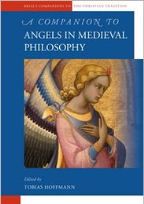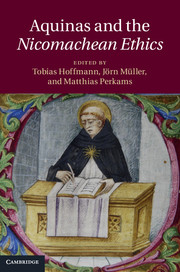

Humanist prejudice famously made medieval angelology the paradigm of ludicrous speculation with its caricature of �How many angels can dance on the head of a pin?� The truth is quite the opposite: many of medieval philosophy�s most original and ingenious contributions actually came to light in discussions of angelology. In fact, angelology provided an ideal context for discussing issues such as the structure of the universe, the metaphysical texture of creatures (e.g. esse-essentia composition and the principle of individuation), and theories of time, knowledge, freedom, and linguistics�issues which, for the most part, are still highly relevant for contemporary philosophy. Because this specifically philosophical interest in angels developed mainly during the course of the thirteenth and early fourteenth century, this volume centers on the period from Bonaventure to Ockham. It also, however, discusses some original positions by earlier thinkers such as Augustine and Anselm of Canterbury.
Learn More
Hoffmann is both editor of and contributor to this volume in which 13 distinguished scholars explore how Aquinas receives, expands on, and transforms Aristotle's insights about the attainability of happiness, the scope of moral virtue, the foundation of morality, and the nature of pleasure.
Learn More